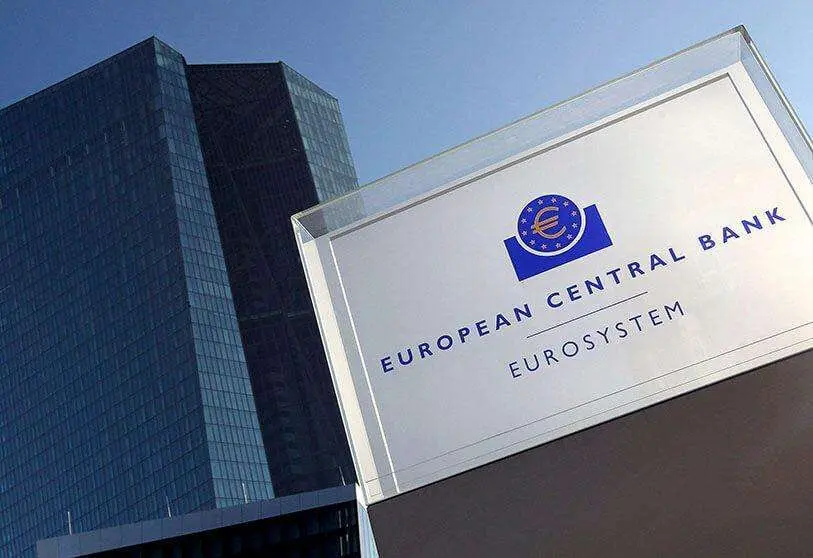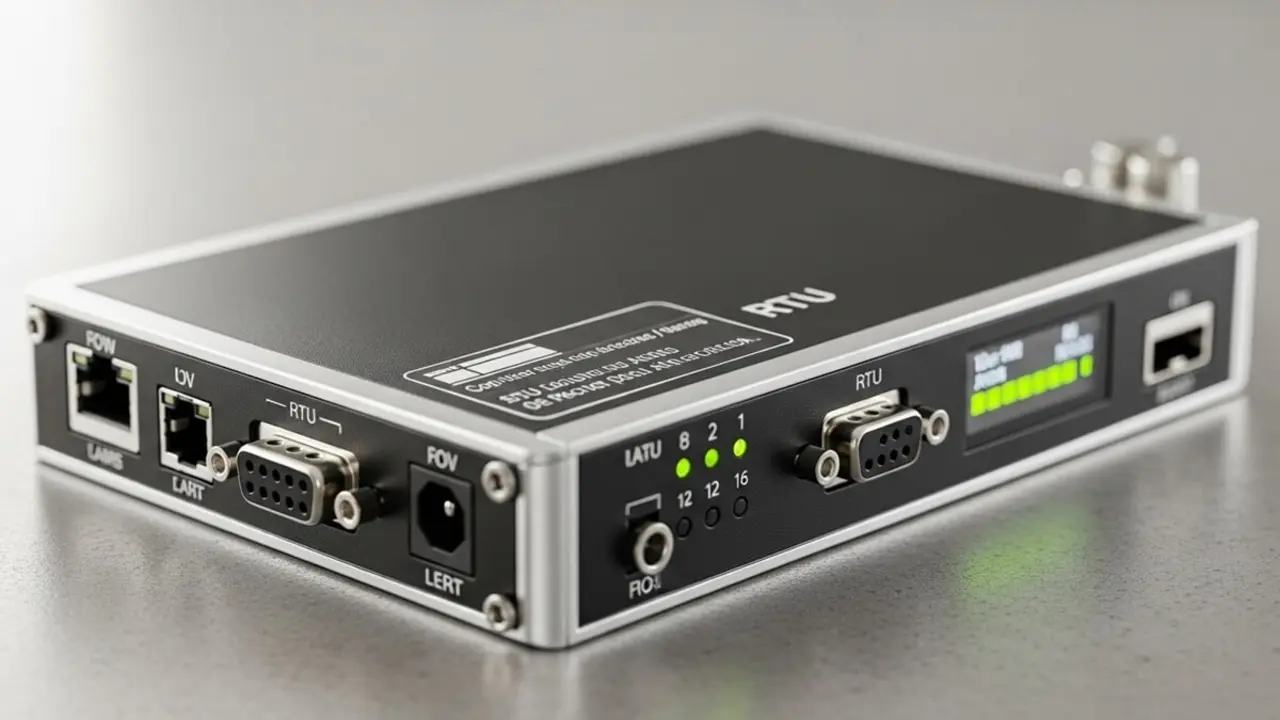The digital Euro: Europe wants to enter the crypto-currency

The European Central Bank (ECB) is planning to launch a digital Euro in 2021, which "does not replace cash", as the bank explains on its website. For the moment, everything is speculation, rumours, working groups, expert consultations... there is nothing on paper except a detail. The dream of all finance ministers can become a reality, controlling the flow of money will be possible. To know what is paid, where it is paid and how much it is paid. The underground economy represents 22% of the GDP in Spain and prevents up to 50 billion euros being paid in taxes.
There are some 2.4 trillion euros in black money in the world. An economic flow that is not declared to the treasury and that prevents the collection of taxes with which each state manages the "public thing". We all think of drug trafficking, arms trafficking, prostitution, illegal gambling, smuggling, extortion... as the origin and place where black money is moved. But there is more. Those small payments in local businesses for which we do not receive a ticket or which the owner of the business does not declare. Cash that ends up in the till and from there into the pocket of the entrepreneur in the best case or to pay salaries in B in the worst case scenario. Something that would already generate a second offence for illegal hiring. A tax fraud rollercoaster.
The ECB is taking advantage of the explosion in card payments to launch the digital money balloon and see what happens. Since March small businesses have seen how the little B money they managed has almost disappeared. Even bread is paid for by card because we have been told to avoid contacts. That the coronavirus can live in coins and banknotes. That you have to pay by card and, in passing, be transparent with the Treasury.
Europe is not going to build a crypto-currency out of nothing and expect everyone to use it. The Euro already works and has financial stability. This digital Euro would mean that some of the cash in circulation, which could end up becoming black money, would be laundered and taxed. One more door to the field of money laundering. Spain has already lowered the cash payment to 2,500 euros and this ECB measure may help the Treasury to collect more. But it can also sink many businesses that balance their business model at the end of the month with this practice. And they do so because the tax pressure for many self-employed people, bars, hairdressers... takes away almost the equivalent of a worker's salary. The law is made, the trap is made.
The world is now digital. Everything goes through technology. Money, too. It does so with crypto-currencies such as Bitcoin, which is gradually taking hold. With alternative forms of payment such as Paypal or the controversial Bizum because they allow small payments between individuals... until those small payments could be for services and companies. Then the Hacienda turned on the lights and took out the magnifying glass. Remember Montoro trying to make the sales that were made through Wallapop or Ebay taxable. Someone told him that those products had already paid taxes on their first sale and we were not about to pay taxes twice when some are not even able to pay them on the first sale.
The black market in money is moving towards crypto-currencies. In the series on drugs and weapons, payments are already being made in digital currencies. Now we have to get the cash out of our pockets to control everything we do at once. And if someone does not stop the cross-checking, our lives can be dangerously exposed even if we have nothing to hide. You know: death and taxes.








